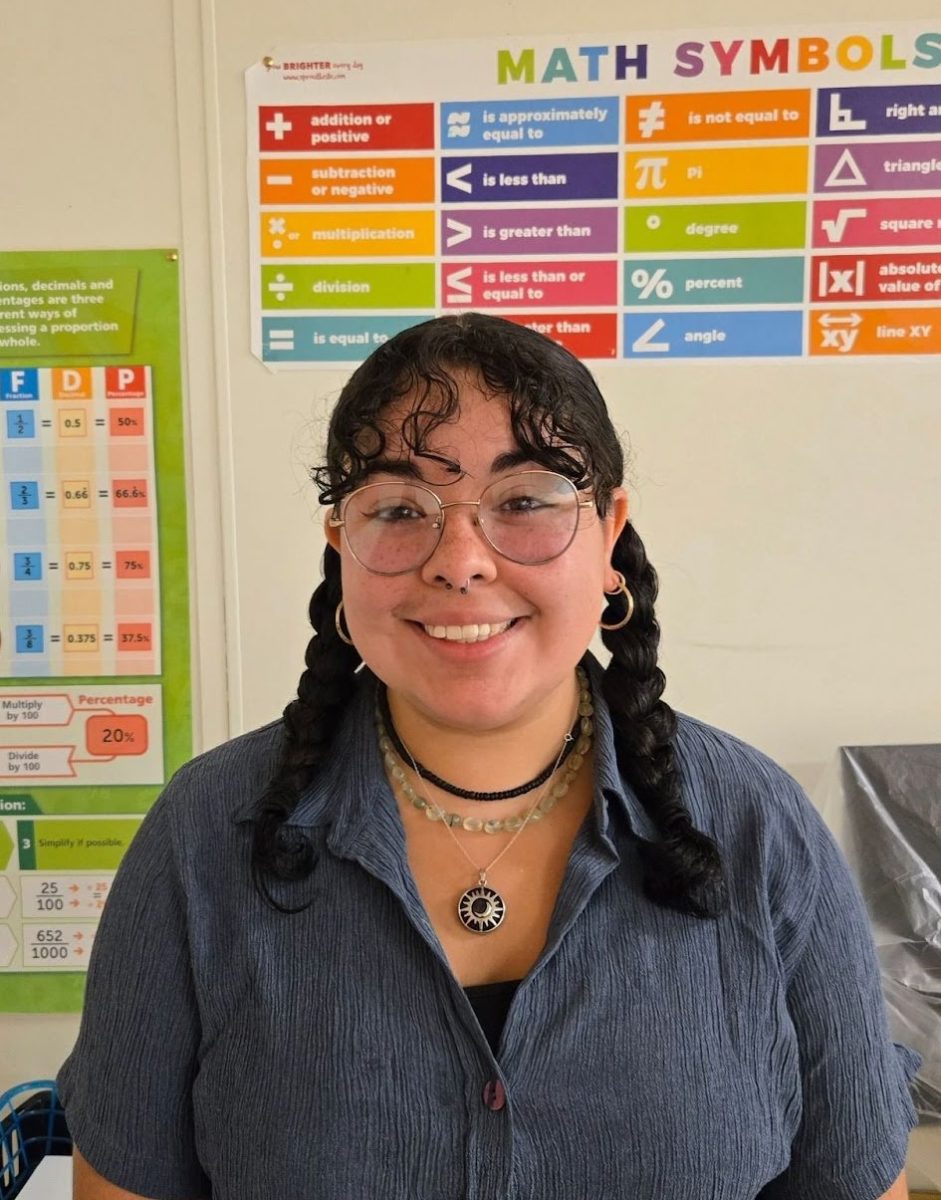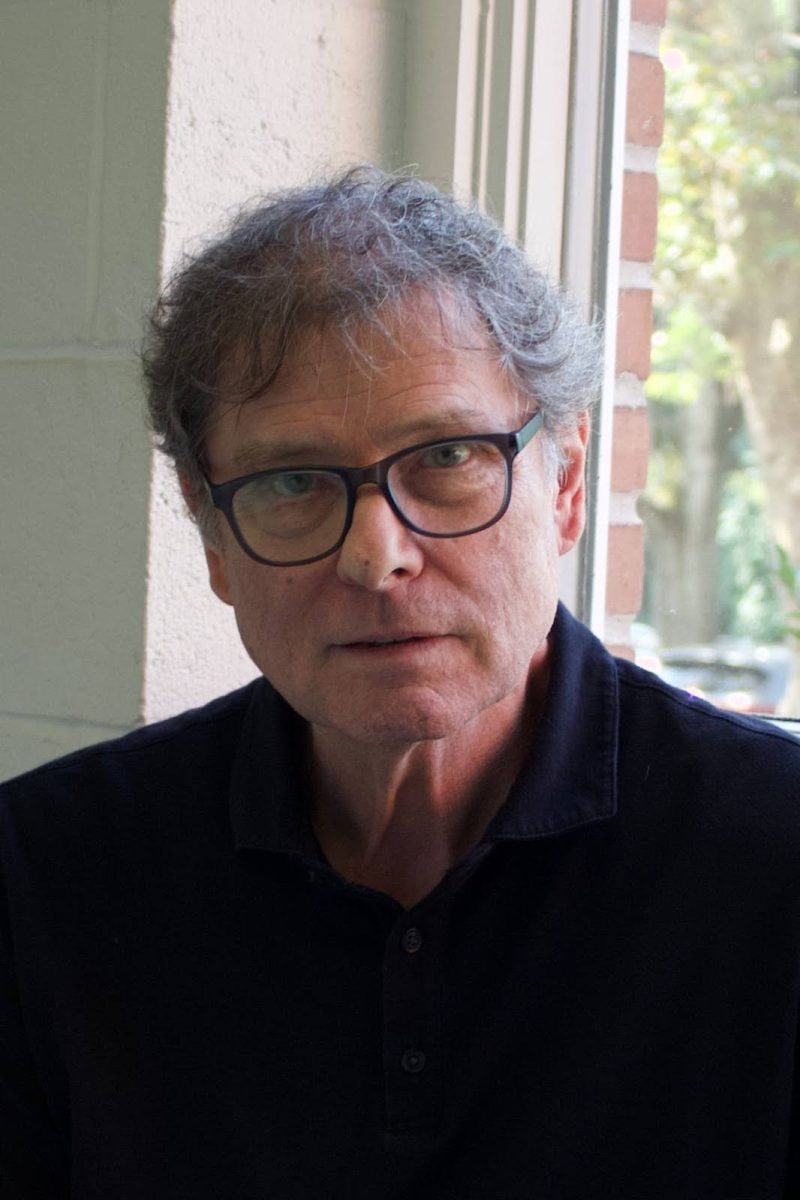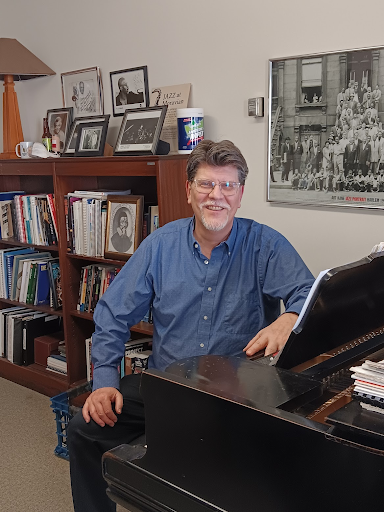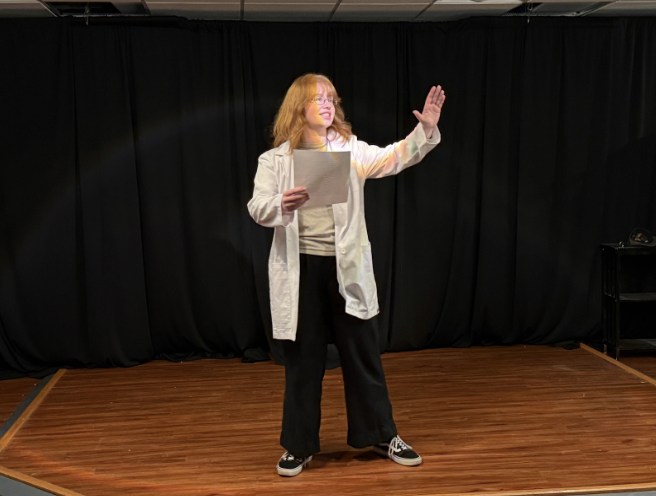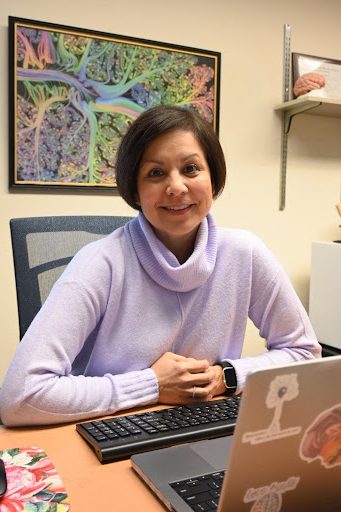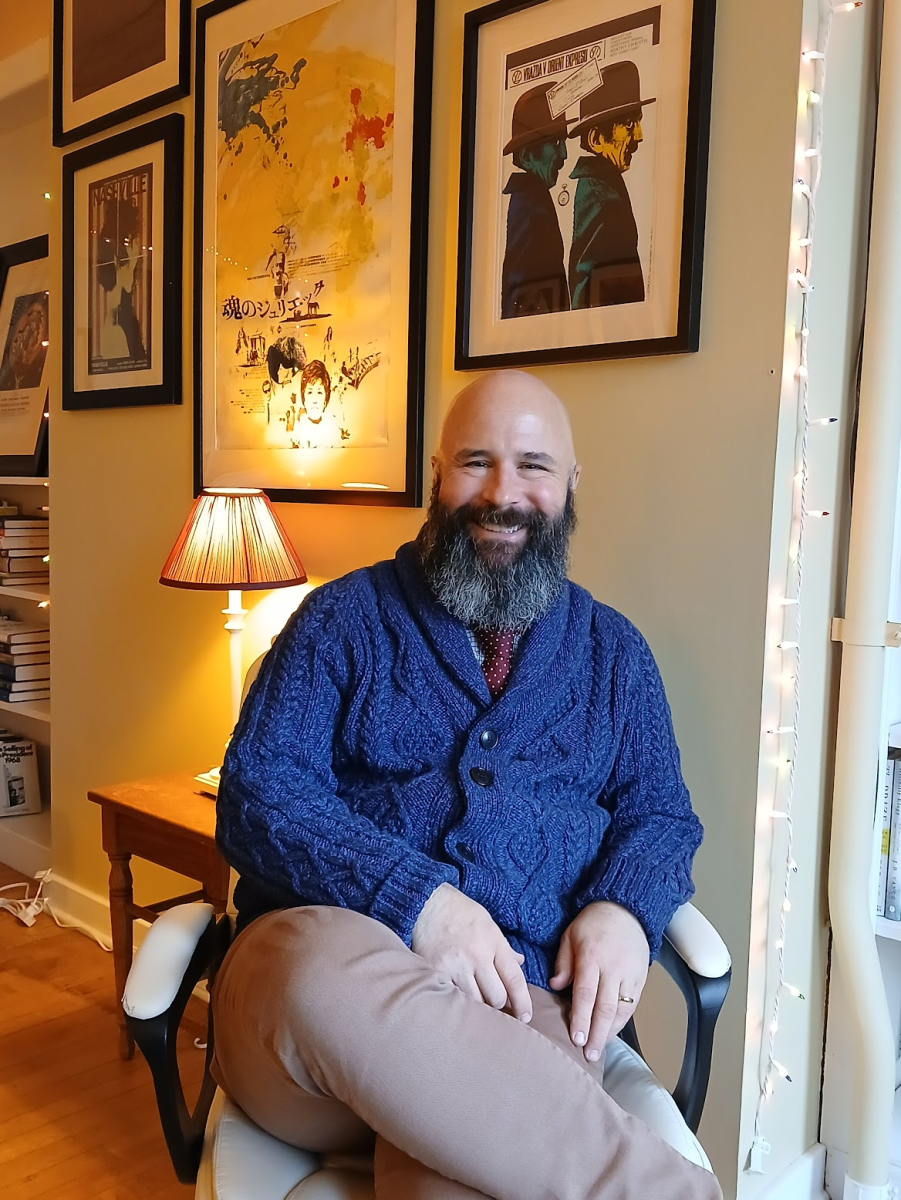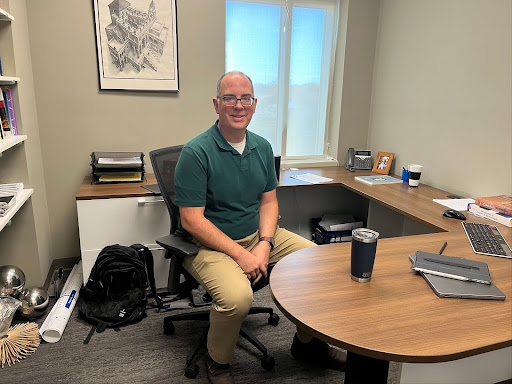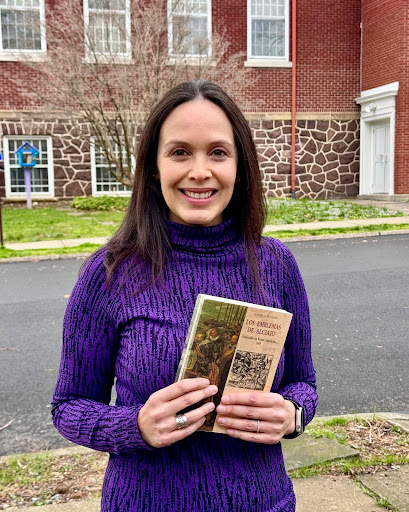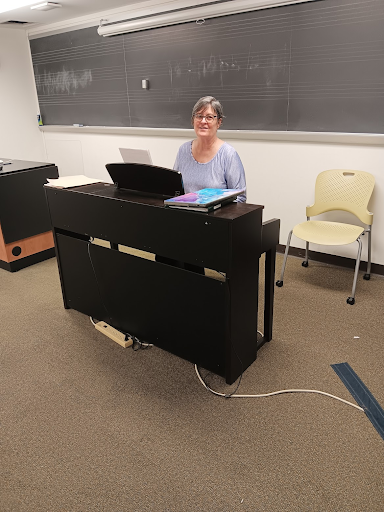
Paula Zerkle is an associate professor of music and the director of vocal music at Moravian University. She is a Phi Beta Kappa graduate of the University of California at Berkeley with a B.A. in Music and French. She received two M.M. degrees in choral and orchestral conducting from the State University of New York at Stony Brook and has a doctorate in choral music from Indiana University in Bloomington, Indiana. She has been a professor at Moravian since the fall of 1994.
What inspired you to go into your field of study?
I studied piano as a child and became a music and French major at UC Berkeley. After my junior year, I spent a summer in Paris working in a SONY store on the Champs-Élysée. One weekend, I walked up the hill in Montmartre and saw the Sacré-Cœur with its grand view of Paris. From the open doors of the basilica, I heard a choir singing on the balcony. I couldn’t see them, but I remember thinking it was one of the most beautiful sounds I had ever heard. I realized directing choirs put together everything that I enjoyed: singing, languages, and piano.
What research are you currently working on?
Most of my academic work involves studying choral scores for performances and arranging pieces for the Vespers services.
What do you think is the most recent important development in your field of study?
Recording technology. There is so much one can do to manipulate sound now. It’s hard to know what’s real and what’s fabricated. That’s one reason I have always appreciated live music; there’s no “cheating.”
What job would you have if you couldn’t be a professor, regardless of salary and job outcome? Why?
I would probably have some kind of office or computer job with a community or church choir on the side. I can’t imagine not doing some kind of music.
What do you know now that you wished you knew when you were in college?
Not to worry about what people think of you. It’s not possible to predict or control people’s opinions. The more one worries about what others think, the more stressful– and unproductive– it becomes. Do your best to do what you love and let go of the rest.
What is your biggest student pet peeve?
Lack of communication. It’s frustrating when students don’t answer emails or let me know why they are not in a class or rehearsal. Students should know most teachers will bend over backward to help a student who reaches out and stays in contact.
What should students expect from your classes? What is the secret to succeeding in your classes?
I expect students to put in effort and simply keep up with the pace of the course. Music skills are learned steadily over time, and most musicians understand how crucial it is to practice their instrument or voice every day. The same applies to learning aural skills or conducting. It’s necessary to work on them regularly.
What was the last streaming show that you binge-watched or the last good book that you read?
I just finished The Book of Longings by Sue Monk Kidd. The story is about a fictional wife of Jesus, named Ana, who describes her life during the decade and a half or so leading up to Jesus’ death. Her perspective provides insight into the misogyny, oppression, social discrimination, and corruption that existed in Galilee and surrounding areas at that time. Even for someone who was not raised with any religion, her story was moving and unsettling.
What is something interesting about you that most people don’t know?
I like video games. I enjoy playing Baldur’s Gate with my husband, Timothy, but I also like puzzle games, farming games, and MMORPGs.
Is there any advice you have for aspiring musicians or anyone studying music?
Trust your instincts and try not to over-criticize yourself. Focus on what you are drawn to in music and work to improve your abilities every day – not because you have to, but because you love it. The work has to come from a sincere perspective or you won’t likely stick with it.





